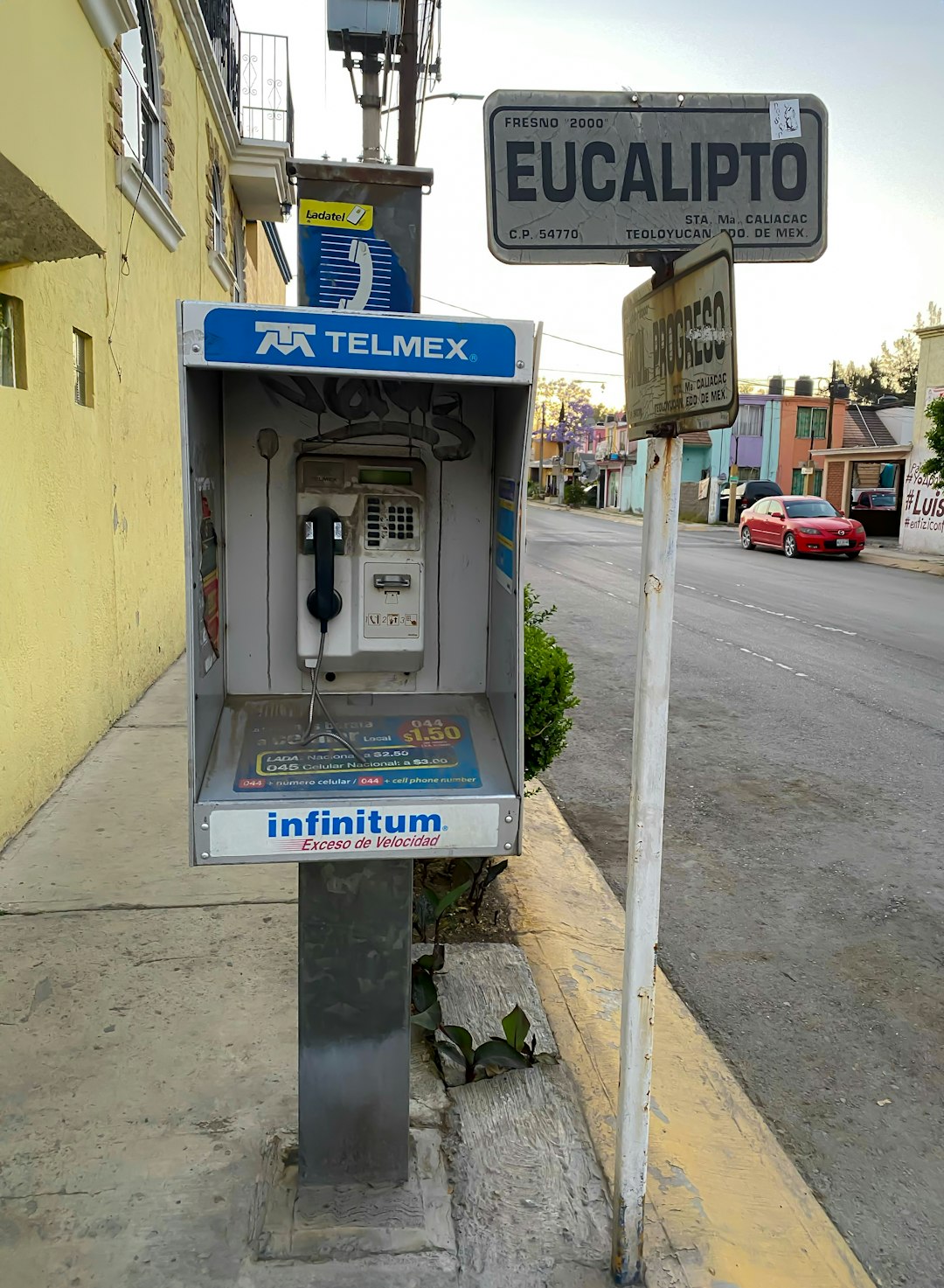In today's digital age, marketing efforts must respect consumer privacy with explicit consent for text messages, as mandated by New York state laws against spam. Businesses in New York need legal guidance from specialized lawyers to implement opt-in forms, transparently communicate message frequency and content, and maintain up-to-date consent records to avoid legal repercussions and foster customer trust. Consulting these experts prevents issues with spam texts and ensures compliance with privacy regulations.
In the digital age, marketing strategies have evolved, but so have consumer protections. One such crucial aspect is ensuring express consent before sending marketing texts, especially in regions like New York, which has stringent laws against spam. This article navigates the legal framework surrounding express consent for marketing texts, highlighting the importance of compliance and the role of lawyers in preventing spam texting violations. We’ll explore how businesses can obtain valid customer consent and the potential consequences of non-compliance, especially for those dealing with spam texts in New York.
Understanding Express Consent for Marketing Texts

In the digital age, with an abundance of communication channels, it’s more important than ever to ensure that marketing efforts are respectful and compliant. Express consent for sending marketing texts is a key aspect of this. This means that recipients explicitly agree to receive such messages, often through a simple opt-in process. It’s not just a matter of courtesy; it’s legally binding. According to New York state laws, businesses must obtain express consent from consumers before sending them spam texts, ensuring that every communication is welcomed and desired by the recipient.
This approach protects individuals from unwanted or unsolicited messaging, which can lead to legal repercussions for companies. Lawyers in New York and beyond emphasize the importance of documenting this consent, as it serves as a shield against potential lawsuits related to privacy violations and consumer protection. Businesses should be transparent about how often they will send texts and what kind of content will be shared, empowering consumers to make informed decisions about their communication preferences.
Legal Framework: New York's View on Spam Texts

In New York, the legal framework surrounding marketing texts, particularly spam texts, is stringent to protect consumers from unsolicited and unwanted communication. The state’s laws are aligned with federal regulations, emphasizing that express consent is mandatory before sending any promotional or advertising text messages. This means businesses and marketers must obtain explicit permission from individuals who wish to receive such texts, a requirement that has been reinforced by various court cases and legal precedents.
New York’s view on spam texts is clear: they are generally considered illegal without prior authorization. The state’s laws not only govern the content of these messages but also the method of distribution, ensuring transparency and consent. Lawyers in New York emphasize that companies must be mindful of their marketing strategies to avoid penalties and maintain consumer trust. This includes providing opt-out mechanisms within each text message and adhering to strict guidelines on how consent is obtained and recorded.
How to Obtain Valid Consent from Customers

Obtaining valid consent is a critical step in ensuring your marketing efforts comply with legal standards, especially when sending text messages. Customers must explicitly agree to receive promotional texts, and this process should be well-documented. One effective method is through dedicated opt-in forms on your website or during face-to-face transactions, where customers can select their preferences and sign up for text alerts. It’s essential to provide clear and concise information about the type of messages they can expect, including frequency and purpose, to manage their expectations.
In New York, as in many jurisdictions, there are strict rules to prevent spam texts. Lawyers specializing in this area can guide businesses on best practices to obtain consent, ensuring compliance with regulations. This may include implementing robust data protection measures, offering easy opt-out mechanisms, and regularly reviewing and updating consent records. By following these procedures, businesses can maintain a positive relationship with their customers while avoiding legal repercussions associated with unauthorized marketing texts.
The Role of Lawyers in Preventing Spam Texting Violations

In the realm of marketing, especially via text messaging, obtaining express consent is a legal requirement to avoid violating consumer privacy and anti-spam laws. This is where lawyers in New York play a pivotal role, ensuring businesses navigate these regulatory waters seamlessly. They assist in drafting clear and concise consent forms that explicitly inform consumers about the type of marketing communications they can expect to receive.
Moreover, lawyers help establish robust internal protocols for obtaining and managing consent, including implementing opt-out mechanisms. In the event of a breach or complaint regarding spam texts, these legal experts provide critical guidance on how to respond effectively, mitigate damages, and ensure compliance with relevant regulations. Their expertise is invaluable in fostering trust between businesses and their customers, thereby enhancing brand reputation.






